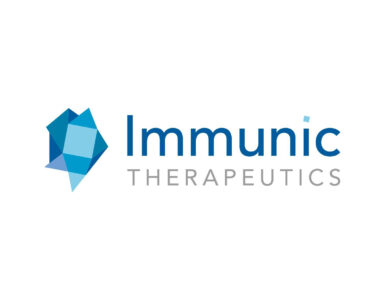
Closely held PharmaJet announced the publication of a study in the top-tier journal Vaccine, which demonstrates the benefits of the company’s Tropis needle-free system compared to needle and syringe (N/S) for intradermal (ID) administration of fractional dose poliovirus vaccine (flPV).
The study, titled Tropis needle-free injector for fractionaldose IPV administration: A pilot study for integration into routine immunization services in Cuba, measured the acceptability, safety, and immunogenicity of Tropis versus N/S administration. A total of 6,704 children were vaccinated. Surveys were administered to parents and guardians (n=5260) and nurses (n=66) to evaluate satisfaction. Additionally, blood samples from vaccinated children were analyzed for neutralizing poliovirus antibody levels.
According to PharmaJet, the routine immunization (RI) schedule for polio in Cuba includes two doses of fIPV administered at four and eight months of age, delivered intradermally using N/S. However, ID administration with N/S is relatively uncomfortable, complex and requires specific training. Improper technique can result in reduced immunogenicity. Tropis offers an easy-to-use, reliable method that has been shown to improve coverage in Pakistan, Somalia, and Nigeria, where it has been used to vaccinate nearly 12 million children. Tropis is the first and only needle-free ID delivery technology to achieve World Health Organization (WHO) prequalification.
The results indicated significantly fewer adverse events with Tropis (6%) compared to N/S (13%) (p=0.028). Moreover, Tropis was preferred over N/S by 98% of parents and 98.5% of nurses. Survey respondents cited ease of vaccination, reduced crying, and greater comfort as key benefits of Tropis. Noteably, seroprevalence did not differ significantly between Tropis and N/S.
In a statement, Paul LaBarre, VP of Global Business Development at PharmaJet, commented, “These results highlight that Tropis results in fewer AEs than Mantoux technique and is more acceptable. This should be very encouraging to vaccine programs aiming to take advantage of ID delivery.”
He added, “The strong performance of Tropis ID delivery, is consistent with results recently seen in WHO-sponsored polio campaigns in Pakistan, Nigeria, and Somalia where Tropis has been used to administer polio vaccinations to nearly 12 million children.”






